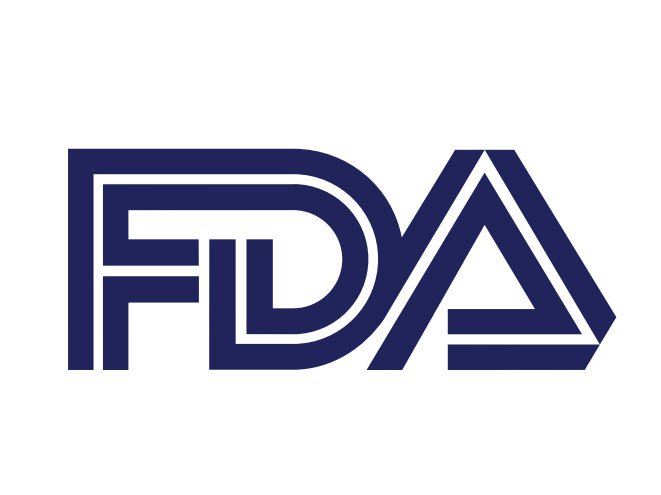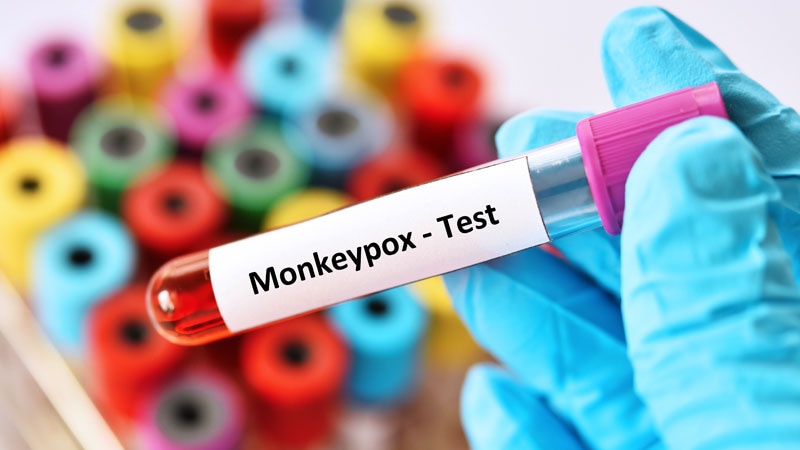The present article describes in detail the regulatory approach to be applied concerning monkeypox tests intended to be used in the US in the context of the public health emergency. In particular, the article describes the way the FDA will authorize the use of monkeypox diagnostic tests.

Table of Contents
The Food and Drug Administration (FDA or the Agency), the US regulating authority in the sphere of healthcare products, has published a guidance document dedicated to monkeypox tests intended to address the public health emergency. The document provides additional clarifications regarding the application of existing regulatory framework, as well as recommendations to be taken into consideration by medical device manufacturers, laboratories, and other parties involved to ensure compliance thereto. At the same time, provisions of the guidance are non-binding, nor are intended to introduce new rules or impose new obligations. Moreover, an alternative approach could be applied, provided such an approach is in line with existing legislation and has been agreed with the authority in advance.
The guidance describes the measures to be taken to ensure and expand the availability of diagnostic tests intended to detect the monkeypox virus. It is important to mention that the approach described in the guidance could be applied concerning both monkeypox-specific tests, as well as the ones intended to be used for non-variola orthopoxviruses and covers the devices to be used by healthcare professionals.
Prioritization of Review of EUA Requests
First of all, the authority describes the way the Emergency Use Authorization (EUA) pathway could be applied concerning monkeypox tests. According to the document, this approach will be used on a discretionary basis: FDA’s decision to review and process a EUA request, and ultimately issue a EUA if the relevant statutory criteria are met, is based on a determination, on a case-by-case basis, that such action is necessary to protect the public health in an emergency. Thus, the EUA pathway could be applied concerning the products that are vitally important for addressing the outbreak of the pandemic, consequently, the measures the authority will implement to ensure and expand the availability of such devices would depend on the severity of the outbreak and risk for public health associated thereto. As further explained by the FDA, at this stage the authority will prioritize the review of requests related to monkeypox tests submitted by industry representatives having significant experience in this field, as well as sufficient manufacturing capacities allowing them to meet the increasing need for such devices. The authority states that an entity interested in submitting a EUA request should notify the FDA about such an intent, while the authority reserves the right to change the applicable review period.
When submitting such notification, the authority encourages interested parties to provide the following information:
- Description of the test technology;
- Manufacturing capacity, including ramp-up timeframes;
- Test throughput;
- Expected timeline for development, validation, and submission of a EUA request, and
- Any available validation data, including data supporting the validity of testing any non-lesion-based sample types, if used.
The details listed hereinabove should be provided in electronic format via email, while the authority will return with a response regarding the decision taken. Once the application has been submitted, the authority will review the information provided and communicate its decision on whether the authorization requested is granted or not. For instance, the FDA may refuse to grant such an authorization in case the data provided by the applicant is not sufficient.

Laboratory-Developed Monkeypox Diagnostic Tests
The guidance also covers the aspects related to monkeypox tests developed and used by certified laboratories. According to the document, such laboratories are allowed to manufacture and used monkeypox diagnostic tests, provided the laboratory complies with any requirements related to performing the high complexity tests, where:
- The test uses molecular PCR technology;
- The test uses lesion swabs;
- The test has been appropriately validated; and
- The laboratory notifies the FDA of validation within five business days of offering the test (or, for currently-offered tests within this scope, notifies FDA within five business days from the date of this guidance) that it has appropriately validated such test.
At the same time, the authority additionally emphasizes that the approach described in the present document cannot be applied concerning tests requiring home specimen collection or at-home tests, as well as the ones based on technologies other than described herein above. However, the FDA may, at its sole discretion, make decisions regarding the applicability of the present policy for specific tests – for instance, the authority reserves the right to retain from objecting to the use of tests based on a different technology.
As further stated by the FDA, the authority deems the approach described herein reasonable in the context of the current stage of the monkeypox virus outbreak and the public health emergency associated thereto. In particular, the authority acknowledges the increasing need for additional diagnostic test solutions and also reserves the right to make changes to the policy described in the guidance based on the development of the situation in general and regulatory needs arising.
Should the authority identify any significant concerns associated with a specific monkeypox diagnostic test, it will notify the laboratory using it and discuss the solutions available. Should it appear to be impossible to address the issues identified on time, the laboratory should cease using the test and recall the items already supplied to end users. It is also important to mention that in such a case test users should be duly notified that the test results could potentially be incorrect.
In summary, the present FDA guidance describes the regulatory approach the authority applies to monkeypox diagnostic tests developed by medical device manufacturers and laboratories and intended to be used during the public health emergency. The document outlines conditions under which such tests could be allowed for use under the accelerated pathway due to the increasing need for such products.
Sources:
How Can RegDesk Help?
RegDesk is a next-generation web-based software for medical device and IVD companies. Our cutting-edge platform uses machine learning to provide regulatory intelligence, application preparation, submission, and approvals management globally. Our clients also have access to our network of over 4000 compliance experts worldwide to obtain verification on critical questions. Applications that normally take 6 months to prepare can now be prepared within 6 days using RegDesk Dash(TM). Global expansion has never been this simple.

